During the pandemic, people throughout the world have seen how an outpouring of kindness and generosity among neighbors can turn strangers into friends in a near instant.
By lending a helping hand and working alongside each other, people have experienced moments of connection to something greater than themselves. As media reports confirmed that theirs was not an isolated experience, many people have felt a strong sense of belonging, not only to their neighborhood and nation, but to the human family.
These observations by the Brussels Office of the Baha’i International Community (BIC) and insights it has drawn from Baha’i community-building efforts formed a basis for discussions being held by the BIC titled “Co-creating Neighbourhoods for Encounter and Belonging.”
Rachel Bayani of the Brussels Office states: “There are a growing number of neighborhoods throughout the world where residents, engaged in Baha’i educational processes aimed at building capacity for service to society, are able to find points of unity around which they can coalesce and initiate projects of common purpose.”
She continues: “These experiences are showing that a sense of oneness and belonging grows when social spaces are created for people to discuss needs and undertake activities for social action that focus on some aspect of the well-being of their communities, such as the education of young people, the quality of the physical environment, or the improvement of nutrition and health.”
The launch event for the series was co-hosted with the Anti-Racism and Diversity Intergroup of the European Parliament and the Alliance4Europe, drawing over 100 participants. The gatherings have included European Union and municipal officials, urban planners, academics, and social actors.
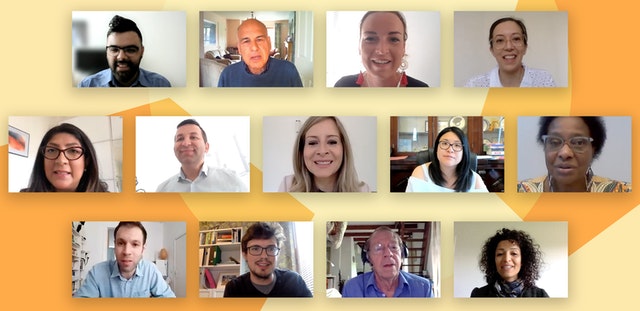
At the launch event, the then lord mayor of Dublin, Hazel Chu, highlighted the complexities of issues related to urban development. Among these is the economic disparities between neighborhoods and the different perceptions of people in them, a problem that the pandemic has only exacerbated.
“This is not just [relevant] to Dublin,” she said, “I looked at stats of other cities, and what you will find is that the affluent neighborhoods get more affluent, and the ones that are poor economically get left behind. Facilities do not go into the places where people think, ‘oh, they wouldn’t take care of it, or that they shouldn’t have it.’”
The role of urban design in creating inclusive public spaces in neighborhoods has also been a topic of great interest in the gatherings.
Juliette Jestin of the Organisation for Economic Cooperation and Development (OECD) stated: “The principle of inclusion should be interwoven into [a neighborhood’s] very structure from very early stages. … Rather than designing for the lowest common denominator, the most effective spaces actually leverage the inputs of those who use it.”
Another participant, Talia Melic, a Baha’i from France and researcher in urban geography, proposed that a lack of social spaces open to all people of a neighborhood where they can consult on issues facing their community can impede people’s ability to act on their sense of justice and collective responsibility.
“One of the great injustices of separation in a neighborhood,” explains Mrs. Melic, “is that many people are not even aware of the inequality that exist in their own block and of the conditions of the lives of the neighbors in the next flat. Because there are few to no social spaces in which diverse people can come together.
“Ultimately, togetherness in diversity is not an end in itself … but a means to working for the transformation of a community that can reflect the capacities and richness that different individuals bring.”


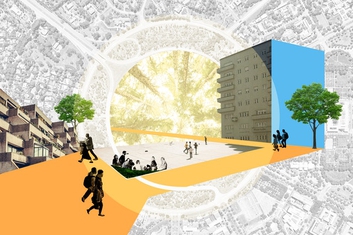


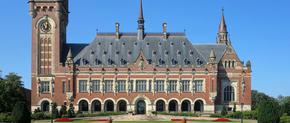
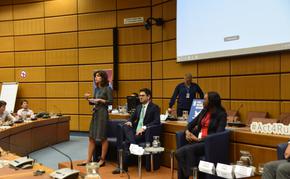
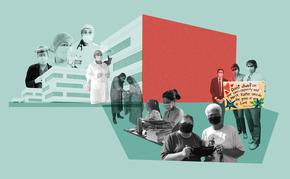









Comments
Sign in or create an account
Continue with Facebookor